City of Portland will seek new transportation funding source amid budget crisis – BikePortland
Next week the Portland Bureau of Transportation will take an important step toward solving a vexing problem: their perennial lack of cash and revenue sources that rely on driving, which is an activity the city discourages.
At the July 7th meeting of the City Council Transportation and Infrastructure (T & I) Committee, councilors will likely pass a resolution that will urge PBOT administrators to come up with, “a comprehensive strategy to identify and evaluate viable alternative funding sources.”
PBOT has dreamt for decades about having of a stable revenue stream that would fund projects, programs, and general operations. Now the crisis is more acute than ever after the failure of the Oregon State Legislature to pass a transportation funding package last week.
As we’ve reported, PBOT’s current budget assumed $11 million from the State Highway Fund. If lawmakers would have passed HB 2025, that number would have grown to $28.4 million by 2028 and $56 million by 2031. But now, left with nothing, City of Portland leaders want to take action.
PBOT manages 4,800 miles of streets and 30% of the city’s total land area, yet they are asked to do it with dwindling resources that haven’t kept up with inflation or the demands of road users.
The resolution that will be discussed at Monday’s committee meeting will urge Public Works Service Area administrators to launch a public process to garner input from Portlanders and recommend, “the most feasible and equitable path forward.”
Here’s an excerpt from the resolution:
“The resolution initiates a process to address significant and ongoing funding shortfalls… By directing staff to identify and evaluate sustainable funding alternatives, this effort is intended to inform future budget decisions and support long-term financial stability for the Portland Bureau of Transportation.”
It’s unclear how this process might differ from the Pricing Options for Equitable Mobility plan PBOT adopted in 2021. That plan enlisted a stakeholder committee and came up with several recommendations for how to raise revenue — but so far none of them have been implemented. The lack of follow-through on POEM is likely going to erode enthusiasm about this attempt, but to me it feels like there’s much more urgency around the issue today than there was four years ago.
The combination of the crisis caused by the state legislature (which is already impacting PBOT in very real ways) and the fact that Portland has a new form of government with 12 sets of fresh eyes on the problem, should give folks hope that we finally make progress on this issue.
Mayor Keith Wilson has hinted for weeks that he is meeting with PBOT and T & I Committee leadership to discuss new funding mechanisms. And at the previous meeting of the T & I Committee on June 23rd, PBOT Deputy Director of Planning Art Pearce told members of the committee that it was urgent for his agency to “shift our funding streams… away from driving [related taxes and fees] in order to be a successful bureau.”
What type of funding mechanism is likely to emerge is anyone’s guess. But the way Pearce spoke at that last committee meeting gave us a clue. As he shared the funding challenges with city councilors, Pearce said they should be, “looking at [PBOT] as a utility that is funded by all households is one of the key philosophies that I think would be really important.”
The idea is that a new PBOT utility fee would frame transportation as a service that’s no different than sewer, water, or electricity.
If the resolution passes, the report will be completed before December of this year.
Share this content:
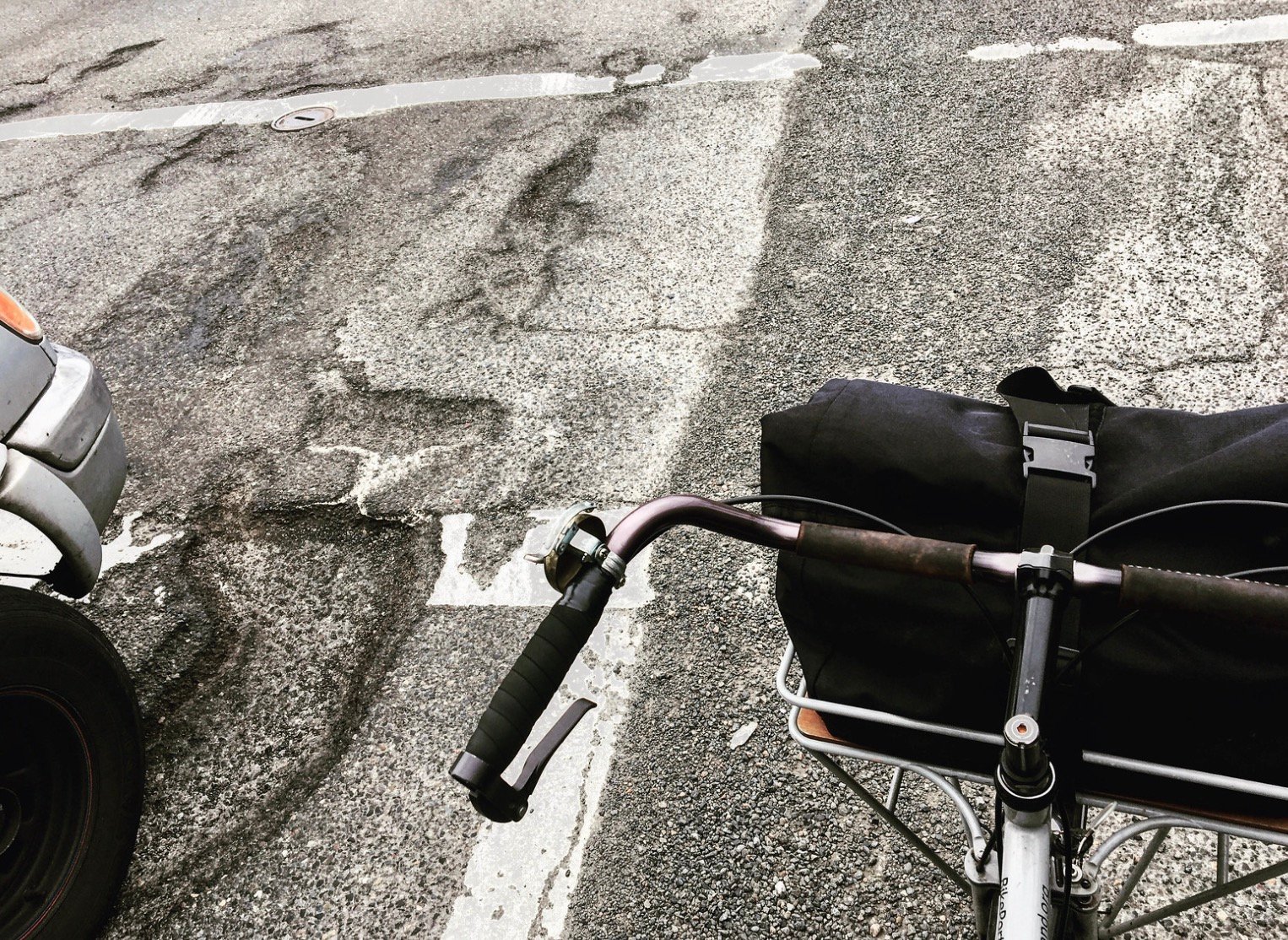
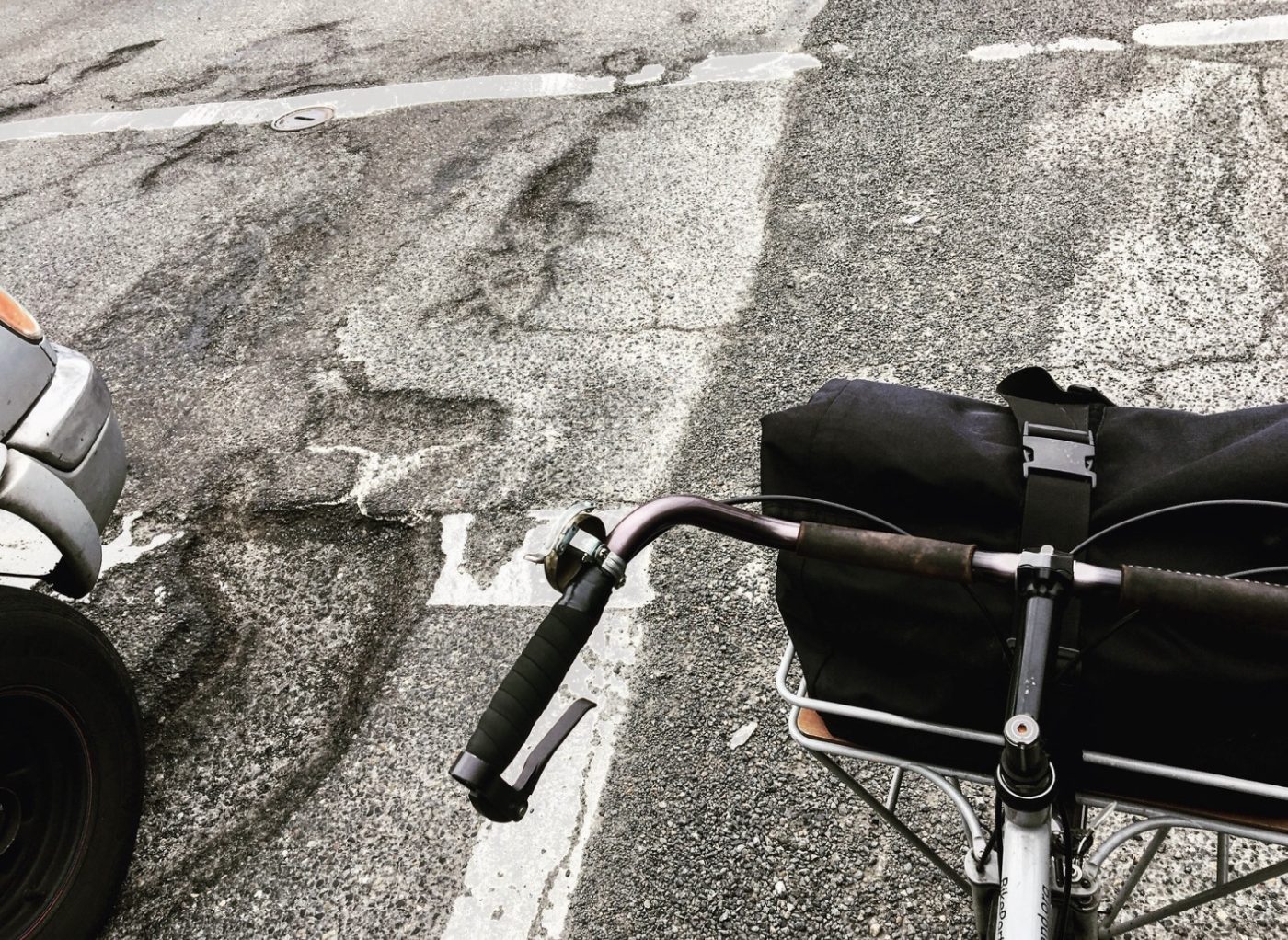


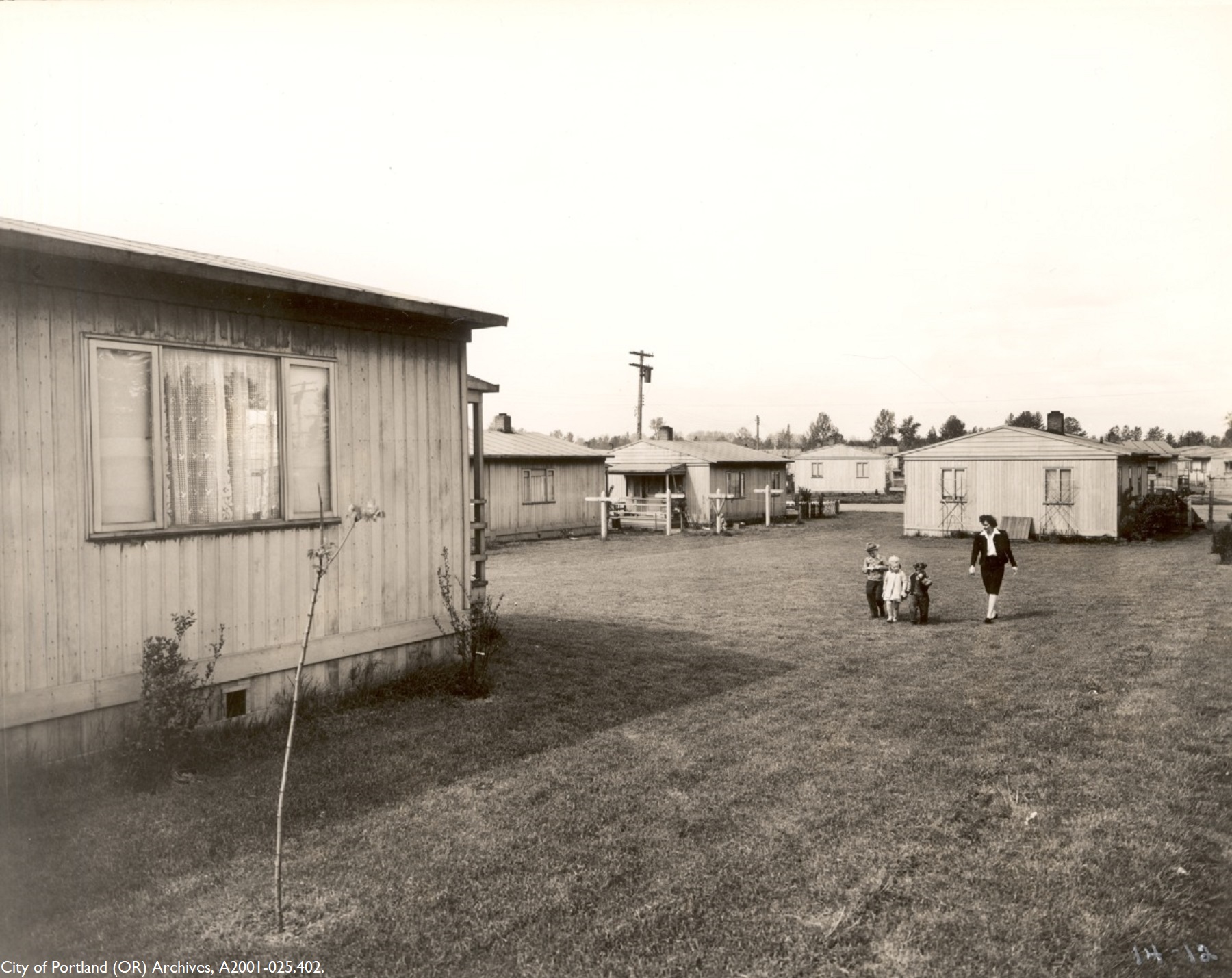


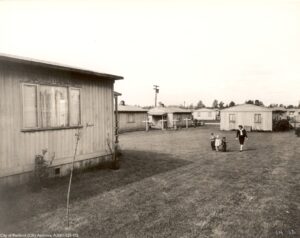


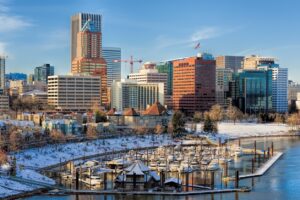
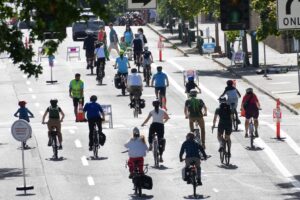
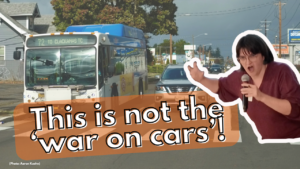



Post Comment